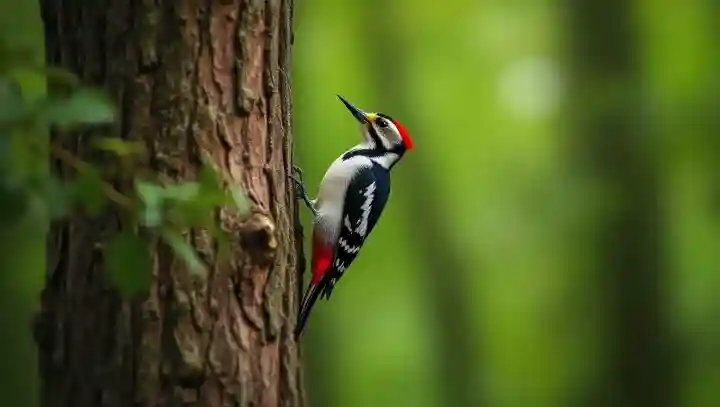
In the vast forests of British Columbia, Canada, woodpeckers have gained recognition for their critical role in safeguarding trees from pest infestations. These birds, renowned for their persistent drilling, primarily target harmful insects that can devastate tree populations. Forest management experts now credit woodpeckers as vital biological controllers in maintaining forest health. Woodpeckers, by systematically foraging for bark beetles and other destructive pests, reduce the spread of infestations that can lead to large-scale tree mortality. Dr. Emily Carter, a leading entomologist at the University of Victoria, highlights, "The woodpecker's natural behavior helps significantly lower pest numbers, contributing to the resilience of forest ecosystems against threats exacerbated by climate change." Recent studies reveal that forests with vibrant woodpecker populations exhibit lesser incidences of pest outbreaks, supporting sustainable pest management without chemical interventions. This dynamic not only preserves biodiversity but also assists timber industries in maintaining healthy tree stocks. As global attention turns to eco-friendly methods, woodpeckers exemplify nature's own pest elimination specialists. This growing appreciation for woodpeckers underscores their ecological value beyond aesthetics. Conservationists urge the protection of woodland habitats to preserve these avian allies who quietly maintain forest vitality. Highlighting the connection between avian activity and tree health, researchers advocate integrating wildlife preservation into broader environmental policies.